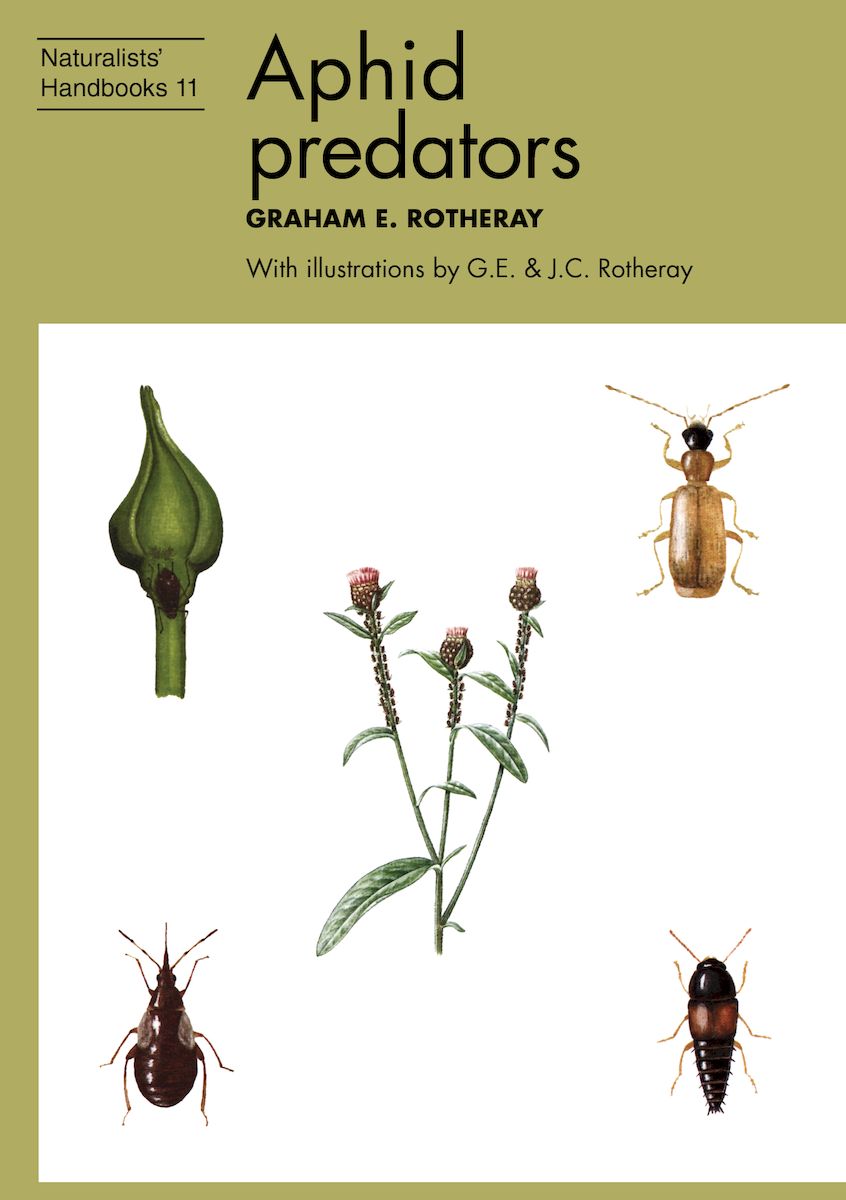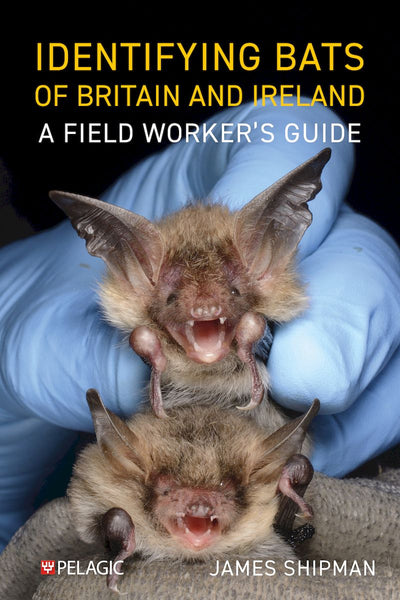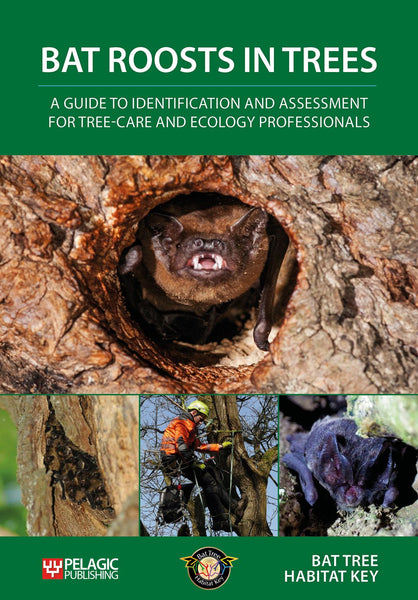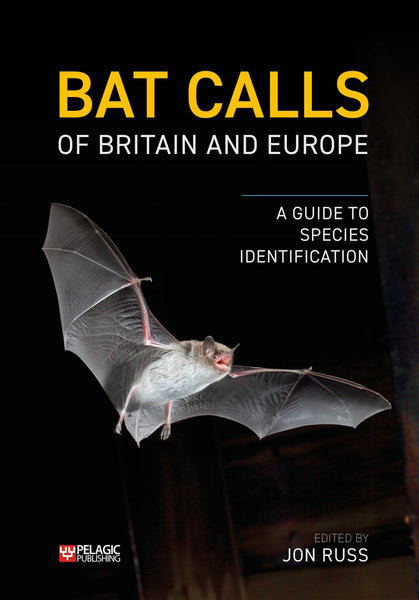
Aphid predators
- aphid
- aphids
- ecology
- economic entomology
- entomology
- identification
- key
- predation
- predator
Description
Aphids and their colonies are excellent arenas in which to observe predators in action. A range of insects come to eat or parasitise the aphids or to drink their honeydew.
9781784275105 and 9781784275167 are digital reprints of 9780855462697 (1989).
Readership
Sixth-form, undergraduate, postgraduate, field centre, ecological consultant, wildlife trust, conservation volunteerTable of Contents
Introduction;
Natural History
Investigating predation
Identification: Guide to aphid species: Key I Major groups of insects found at aphid colonies; Key II Hoverflies; Key III Ladybirds; Key IV Aphid midges; Key V Flower bugs; Key VI Lacewings; Key VII Ants; Guide to ground and rove beetles
Techniques
Useful addresses; References and further reading.
About the Author
As a child Graham Rotheray was intrigued by flies buzzing around his parents’ vegetable garden, especially the hoverflies and their mimicking of wasps in order to evade birds. For his PhD he devised both laboratory and field experiments to investigate parasitic insects that attacked the larval stages of hoverflies. In 1980 he applied his expertise to a study of parasites of a major pest species in the eastern United States, the introduced gypsy moth, in an attempt to devise a biological means of controlling their spread. On returning to Britain, Graham was appointed Curator of Insects at the National Museums of Scotland in Edinburgh. He was charged with developing the collections of Diptera. He developed an interest in ancient Scottish woodlands and the hoverflies that occur there, such as the rare Callicera rufa.
Bibliographic Information
 77 pages
77 pages - Figures, b/w illustrations
- 2 colour plates
- BISAC NAT017000, SCI020000
- BIC PSVT7, PSVS, WNCN











